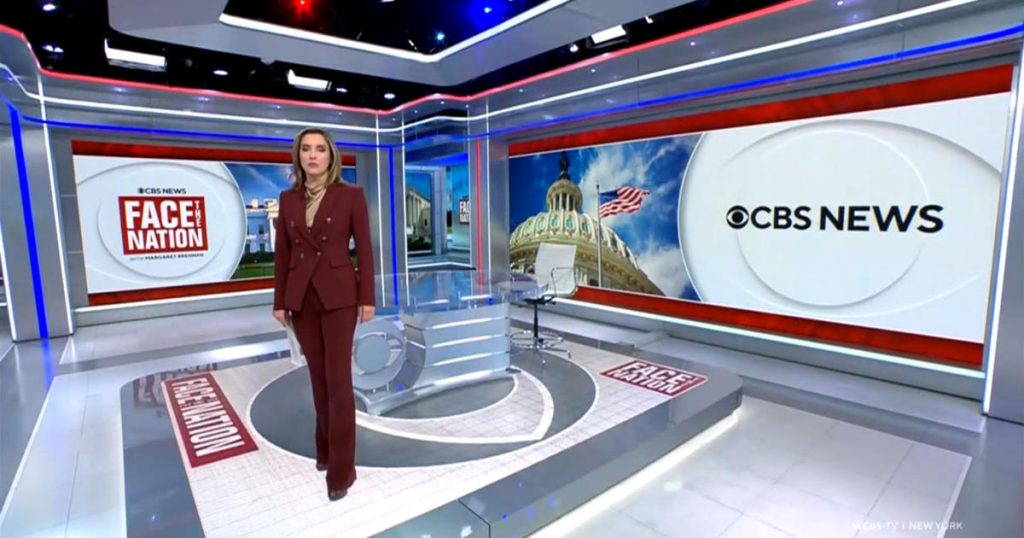This week on “Face the Nation,” the world is waiting to see how Israel will respond after the Israel Defense Forces intercepted over 300 Iranian drones and missiles. President Biden recently spoke with Prime Minister Benjamin Netanyahu regarding this situation. John Kirby, the White House National Security Council coordinator for strategic communications, and Rep. Michael McCaul, the chair of the House Foreign Affairs Committee, join host Margaret Brennan to discuss the ongoing tensions.
The conversation focuses on the escalating tensions between Israel and Iran, with the recent intercepted drones and missiles being a significant development. The panel discusses the implications of these events on regional security and the potential for further conflict. President Biden’s communication with Prime Minister Netanyahu suggests a level of international concern and coordination in addressing these issues. The discussion also touches on the broader implications for US foreign policy and national security in the Middle East.
John Kirby provides insight into the Biden administration’s response to the situation, highlighting the importance of diplomatic efforts in addressing regional conflicts. The panel delves into the complexities of the Israel-Iran relationship and the broader geopolitical dynamics at play. Rep. McCaul offers his perspective on the role of Congress in overseeing US foreign policy and national security decisions. The experts consider the potential consequences of a military confrontation between Israel and Iran and the challenges of de-escalating tensions in the region.
The discussion also addresses the role of other key players in the Middle East, such as Saudi Arabia and the United Arab Emirates, in shaping regional dynamics. The panel analyzes the strategic interests of various actors and the implications for US policy in the region. The conversation underscores the need for a nuanced and comprehensive approach to addressing the security challenges in the Middle East. The experts emphasize the importance of multilateral cooperation and diplomatic engagement in defusing tensions and promoting stability in the region.
As the world closely monitors developments in the Middle East, the panel emphasizes the importance of de-escalation and conflict resolution to prevent further violence and instability. The discussion highlights the need for a coordinated and strategic approach to addressing the root causes of conflict in the region. The experts call for sustained diplomatic efforts and engagement with key stakeholders to promote peace and security in the Middle East. The conversation underscores the importance of global cooperation in addressing complex security challenges and shaping the future of the region.
In conclusion, the conversation on “Face the Nation” reflects the ongoing tensions and complexities in the Middle East, particularly in the context of the recent events between Israel and Iran. The panel provides insights into the strategic considerations and diplomatic efforts surrounding the situation, emphasizing the importance of international coordination and cooperation. As the world grapples with the challenges of regional security and stability, the experts on the show underscore the need for a comprehensive and diplomatic approach to addressing the root causes of conflict and promoting peace in the Middle East.


